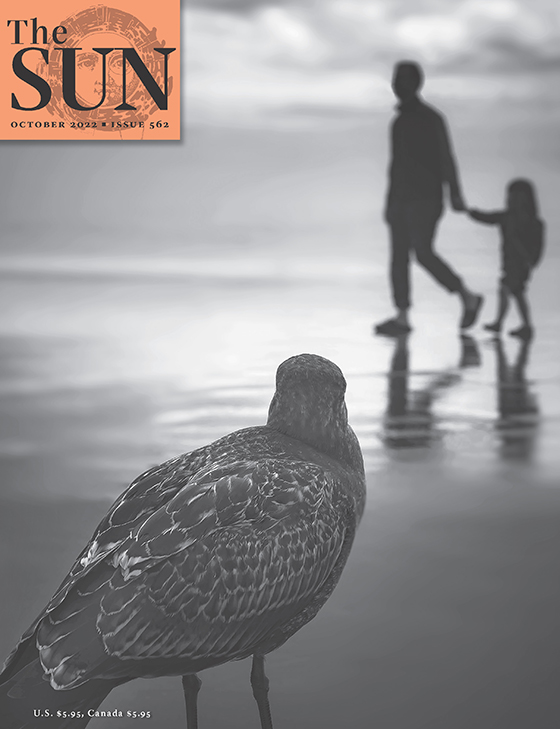A faint murmur weaves its way through my dreams, like a radio turned down low. It’s my mother’s voice, but I can’t understand what she’s saying. Sometimes, in the moment just before I wake, I hear her more clearly — urgent, insistent, warning. I know I’m supposed to pay attention, but I can’t grasp what she’s saying. As her voice grows thin and indistinct, receding with the dream, I realize her words are in Polish.
Polish was my mother’s native tongue, the language of her childhood. She didn’t learn English until she went to school. Much later, she would even stop thinking in Polish and would become known for her facility with English, for how she sailed blithely through awkward moments, bridged conversational lapses, and put others at ease. My mother was a queen-sized woman with a broad nose and a large, round, ruddy face — my earliest notion of beauty. She commanded attention equally by her girth and her loud, ringing voice. When she sang in church, I kept my eyes lowered, slid my hands along the smooth, polished wood of the pew, and prayed for our dead relatives in purgatory. She sang on the back porch while she hung out the wash — “Somebody loves me, I wonder whooooo” — inspiring neighbors to call from their open windows, “Sing it again, Sophie!”




